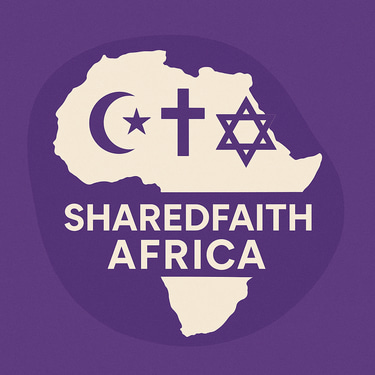DR Congo: When religious leaders stepped into the vacuum, from Saint‑Sylvester to watching the ballot
FEATUREDNATIONAL INTERFAITH PLATFORMS


Takeaway: In Congo’s toughest political seasons, religious leaders have served as guardrails—mediating when politics fractures, helping staff the rules of the game, and mobilizing voters so streets don’t decide by force.
In December 2016, the Democratic Republic of the Congo hit a constitutional cliff. President Joseph Kabila’s second term ended on December 19. Elections had not been held. Protests spread; security forces cracked down. Human Rights Watch counted at least 62 people killed and hundreds arrested between December 19–22. The country needed a pressure valve, and a mediator both sides could face without losing face.
That role fell to the Catholic bishops’ conference, CENCO. Through the holidays, the bishops shuttled between camps and, on December 31, announced the Saint‑Sylvester Agreement. It set a roadmap to elections and committed Kabila to step down after the vote. Parties pledged to share transitional responsibilities and cool the streets. Analysts and reporters described it as a stopgap that likely kept a standoff from tipping into wider bloodshed. Implementation wobbled afterward—deadlines slipped, tempers didn’t—but the moment revealed something important: religious authority held a center the parties themselves lacked.
Religious leadership in Congolese public life is not just ad hoc. It is wired into the electoral rules. By law, eight major religious confessions choose the chair of the National Independent Electoral Commission (CENI). The design aims to anchor the referee of elections in a constituency seen, at least in theory, as broadly impartial.
That theory met a hard test in 2021. The platform of confessions failed to reach consensus on a nominee. CENCO (Catholic) and the Eglise du Christ au Congo (Protestant) stood on one side; six other confessions on the other. Those six—the Orthodox Church, Kimbanguist Church (EJCSK), Islamic Community (COMICO), Eglises de Réveil du Congo (ERC), Union des Églises Indépendantes du Congo (UEIC), and the Salvation Army—moved ahead and designated Denis Kadima. Parliament proceeded, and the Constitutional Court swore him in on October 26, despite continued objections from Catholic and Protestant leaders. Depending on where you sat, the move either ended paralysis or undercut the consensus model. It also showed, uncomfortably, how “religious neutrality” can fray when political stakes are high.
Even with that split, the civic muscle did not disappear. Ahead of the 2023 cycle, Reuters documented a nationwide push by the Catholic Church to enroll voters—banners on parish walls, priests urging registration after Mass, volunteers helping people find their names. It was practical, not poetic. And it appears to have nudged participation in places where state messaging alone might have been ignored. Critics sometimes worry this blurs church and state. Supporters answer that credible elections need every lawful channel of trust.
A thread ties these scenes together. Indifference is the space where manipulation and violence grow. In late 2016, the bishops narrowed that space by dragging rivals to a table on New Year’s Eve. In 2021, the confessions’ legal role forced a public argument about standards for the referee of the vote. In 2023, parish bulletins and Friday announcements became civic reminders that ballots do not cast themselves. None of this fixes Congo’s deeper fractures. It does show how, at hard moments, religious networks can function as guardrails.
Sources (selection)
Human Rights Watch on deaths and arrests during December 19–22, 2016 protests
Crisis Group briefs and analysis; Al Jazeera on the Saint‑Sylvester Agreement and its terms
U.S. Department of State (International Religious Freedom) on eight confessions choosing the CENI chair
EISA; Center on International Cooperation on the legal framework and the “consensus” rule
Radio Okapi; Actualité.cd; RFI; Reuters on the 2021 split and Denis Kadima’s designation and swearing‑in
Reuters on 2023 voter‑enrolment mobilization by the Catholic Church


